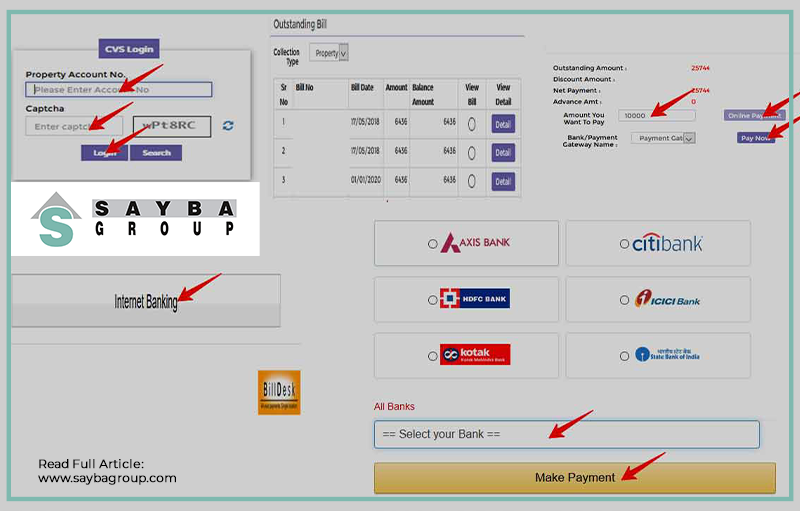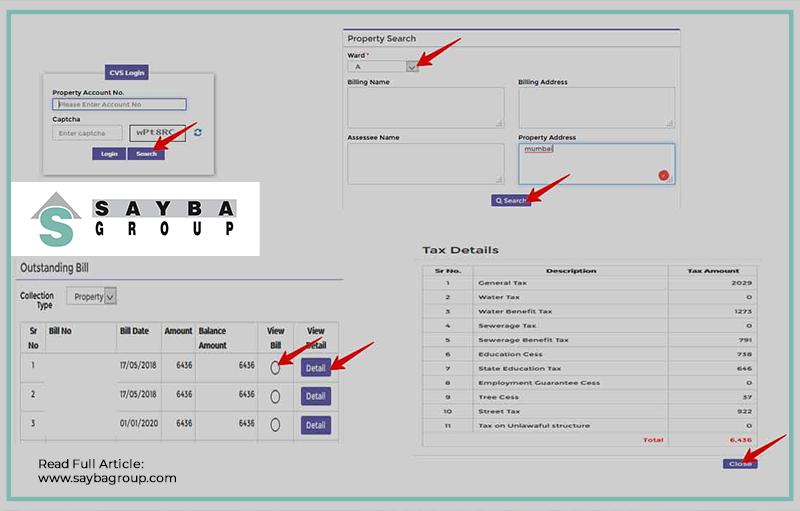
The Most Important Factors for Real Estate Investment
Investing in real estate can be a lucrative and rewarding venture, but it requires careful consideration of several factors. Understanding key factors that influence real estate investments is essential for success. This is true whether you are an experienced investor or just getting started.
This blog post will discuss the most important factors for real estate investing. It will help you make informed decisions and maximize your returns.
Location, Location, Location:
When it comes to real estate, location is paramount. Location is important for potential returns. Desirable locations near amenities, schools, transportation hubs and economic centers usually have high demand. This can mean higher returns for the investor.
Research local market trends, neighbourhood development plans, and future growth prospects to identify areas with strong investment potential.
Market Analysis and Trends:
Staying informed about market trends is essential for real estate investors. Analyze historical and current market data, including property prices, rental rates, vacancy rates, and supply and demand dynamics. Stay updated on economic indicators, population growth, and employment opportunities to identify markets with positive growth potential.
Financing Options:
Understanding different financing options is crucial for real estate investing. Investing requires careful consideration of financing options. Mortgage loans, hard money loans, private financing and partnership opportunities are all potential sources of funding.
Evaluate each of these to decide which is best suited to your investment strategy. Evaluate interest rates, repayment terms, and associated fees to make informed decisions that align with your financial goals.
Due Diligence:
Thorough due diligence is essential before investing in any property. Conduct property inspections, review legal documents, and assess potential risks. Evaluate the property's condition, potential repairs or renovations, and any legal or zoning issues that may impact its value or use. Engage professionals such as real estate agents, attorneys, and inspectors to ensure a comprehensive assessment.
Cash Flow and Return on Investment (ROI):
Analyzing cash flow and ROI is vital for real estate investors. Calculate potential rental income, operating expenses, and expected cash flow to determine the profitability of the investment. Additionally, consider long-term appreciation potential and tax benefits that may contribute to the overall ROI.
Risk Management:
Real estate investments come with risks, and effective risk management is crucial. Diversify your investment portfolio across different property types and locations to minimize risk exposure. Evaluate insurance options, conduct thorough tenant screening, and set aside reserves for unexpected expenses.
Conclusion:
Successful real estate investment requires a careful evaluation of various factors. Consider the location. Analyze market trends. Explore financing options.
Conduct due diligence. Assess cash flow and ROI. Implement risk management strategies. This will help you make informed investment decisions.
Remember to continuously educate yourself, network with professionals, and adapt to changing market conditions. Mastering important factors can help you navigate the real estate investment landscape. This can give you confidence and increase your chances of long-term financial success.





















